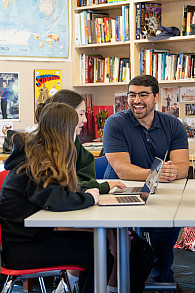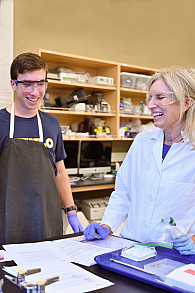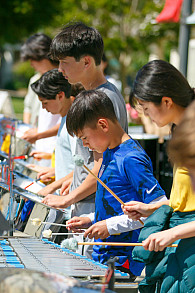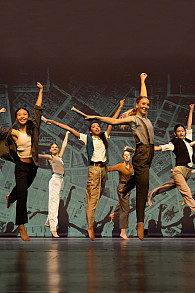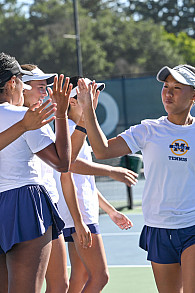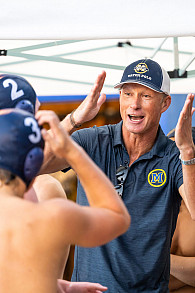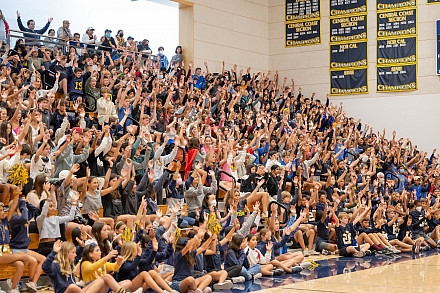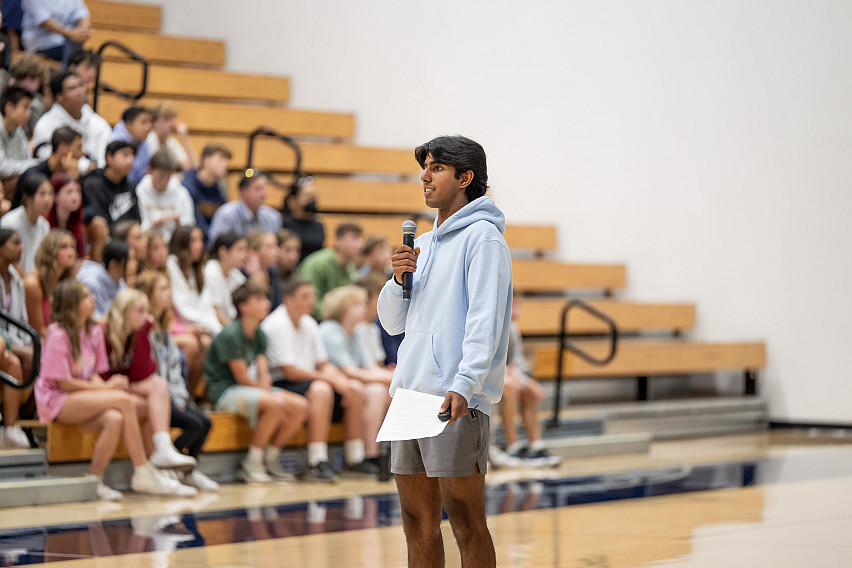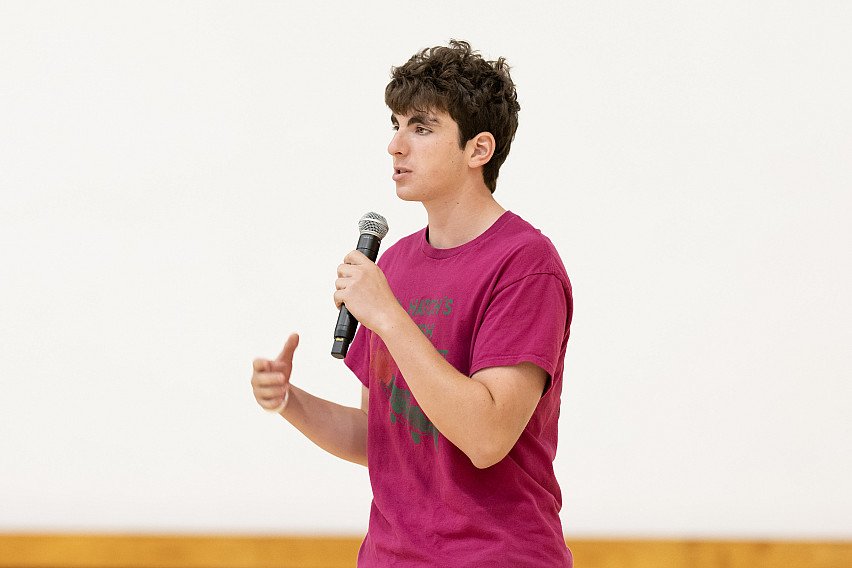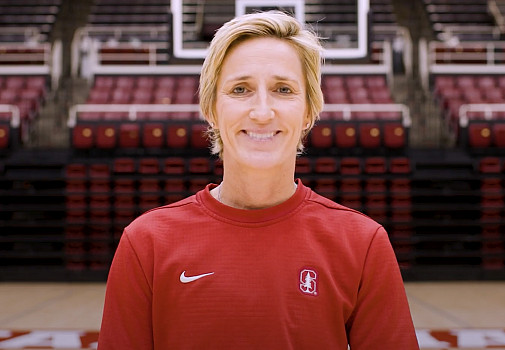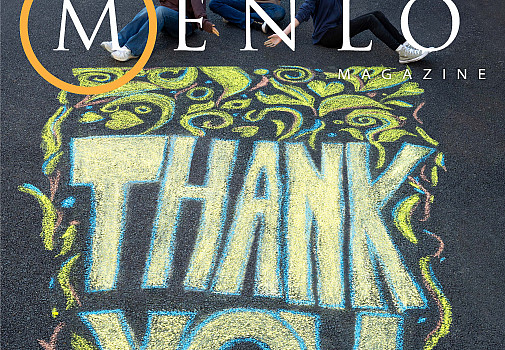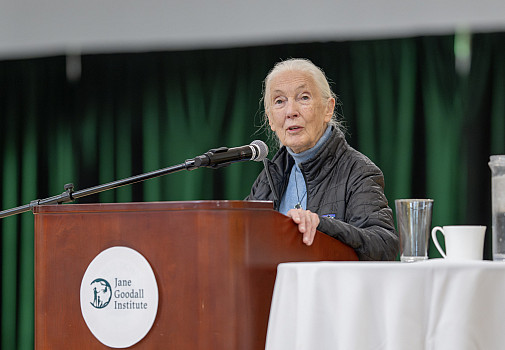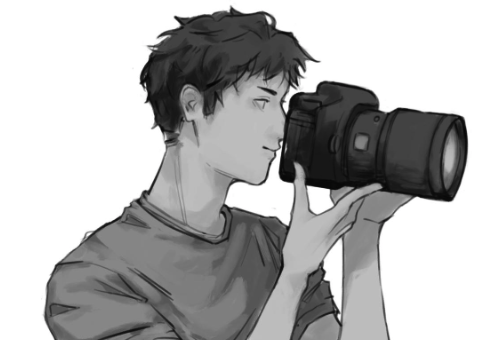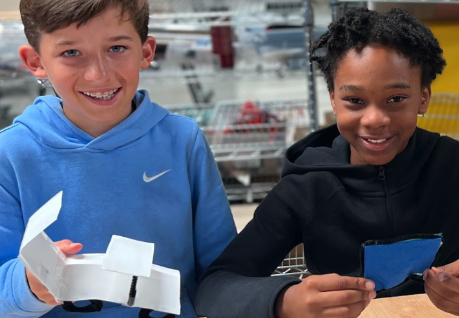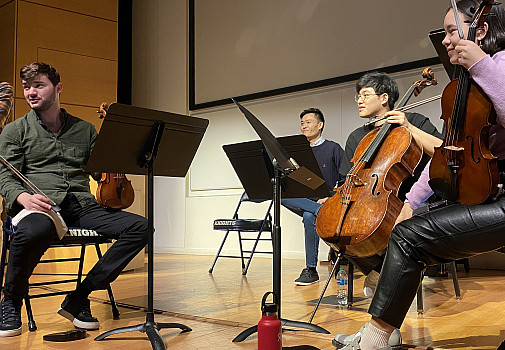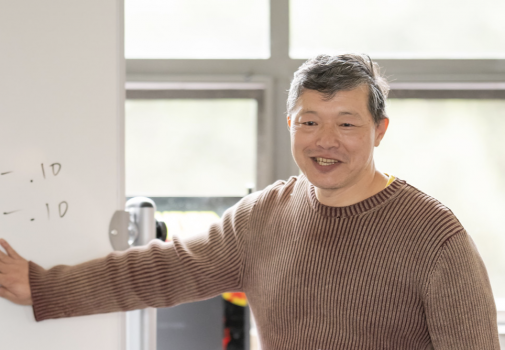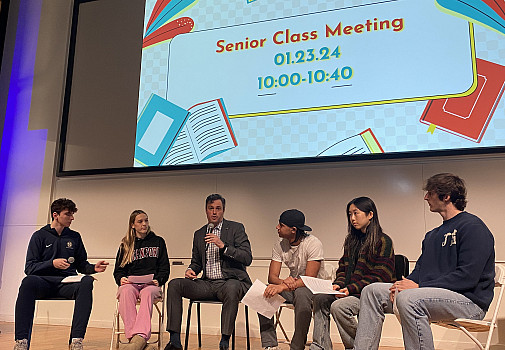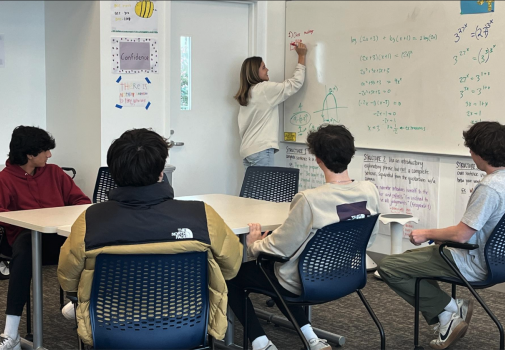- Arts
- Academics
-
Athletics
- Athletics Overview
-
Upper School Teams
- Baseball - Varsity
- Baseball - Junior Varsity
- Basketball - Boys Varsity
- Basketball - Boys Junior Varsity
- Basketball - Boys Freshman
- Basketball - Girls Varsity
- Basketball - Girls Junior Varsity
- Cross Country
- Flag Football - Girls
- Football - Varsity
- Football - Junior Varsity
- Golf - Girls Varsity
- Golf - Boys Varsity
- Golf - Boys Junior Varsity
- Lacrosse - Boys Varsity
- Lacrosse - Boys Junior Varsity
- Lacrosse - Girls Varsity
- Lacrosse - Girls Junior Varsity
- Soccer - Boys’ Varsity
- Soccer - Boys’ Junior Varsity
- Soccer - Girls Varsity
- Soccer - Girls Junior Varsity
- Swimming
- Tennis - Varsity Boys
- Tennis - Boys Junior Varsity
- Tennis - Girls Varsity
- Tennis - Girls Junior Varsity
- Track & Field
- Volleyball - Varsity
- Volleyball - Junior Varsity
- Volleyball - Freshman
- Water Polo - Boys Varsity
- Water Polo - Boys Junior Varsity
- Water Polo - Girls Varsity
- Water Polo - Girls Junior Varsity
-
Middle School Teams
- Baseball - Middle School
- Basketball - Boys Middle School
- Basketball - Girls Middle School
- Cross Country - Middle School
- Flag Football - Middle School
- Lacrosse - Boys Middle School
- Lacrosse - Girls Middle School
- Soccer - Boys Middle School
- Soccer - Girls Middle School
- Swimming - Middle School
- Tennis - Middle School
- Track - Middle School
- Volleyball - Middle School
- Athletics Philosophy & Values
- Athletics Resources
- Camps & Clinics
- Alumni Athletes
- New to Menlo Athletics?
- Student Life
- Support Menlo
- Admissions
- Calendar
- Resources
MENLO SCHOOL • SINCE 1915

Menlo News January 26, 2024
HAND Foundation Fellowships Spark Transformative Journeys
Summer Fellowships inspire Menlo students to “think globally and act with compassion.”
The goal of a Menlo School education is for its influence to reach far beyond our currently-enrolled students, our campus, and even our community. Students develop skills and character that encourage them to see opportunity in challenge, imagine solutions, and impact ever-wider communities. With the generous support of the HAND Foundation, Menlo has established an award for students to apply those lessons to the world at large.
HAND Foundation Fellowships invite students to travel independently, domestically or abroad, to rigorously pursue a meaningful cause through in-depth investigation, scholarly research, or social entrepreneurship. HAND Co-Founder and President (and past Menlo parent) Nosheen Hashemi believes strongly in the power of travel in developing independence and connecting with people of different origins, and she is passionate about making these opportunities available to others.
So far, there have been a total of 23 HAND Foundation Fellows. The selection process—open to curious, independent, and passionate sophomores and juniors—is highly competitive, requiring applicants to demonstrate initiative, a spirit of inquiry, and the maturity to undertake such a project. Proposals are evaluated by a panel of Menlo teachers and grantees’ projects are funded up to $4,000 to cover travel, materials, lodging, and expenses.
The project’s focus can include global awareness, societal challenges, and/or historical and cultural inquiry. Previous winners have traveled domestically as well as to countries such as Lebanon, Cuba, China, Ireland, Singapore, and Iran to study everything from music and heritage to the history of the Persian rug.
This fall, three HAND Foundation Fellows shared their experiences during Assembly, including Arjun ’24 (who studied the juvenile justice system) and Jackson ’24 and Noah ’24 (who researched the integration of Ukrainian refugees into German society). A fourth recipient, Ruchi ’25, studied Norway’s approach to recidivism. All were moved and motivated by their experiences.
Arjun had previously been involved with criminal justice reform work in faraway places like Cambodia and Burundi, but wanted to work on an issue that’s ailing our own communities closer to home. As a HAND Foundation Fellow, Arjun traveled to California and Washington D.C. to meet juvenile inmates, interview attorneys, NGOs, and lobbyists, and attend court hearings. He learned that most incarcerated youth are young boys who grew up with single mothers. Without a father figure in the house, they end up looking to gangs for role models, which inevitably leads to crime. And so the issue of family runs deeper than the justice system itself and is tied to other systemic issues in our country like race and poverty. “It’s not an easy answer,” says Arjun.
Arjun was also struck by the fact that 70% of juveniles in the justice system have a diagnosable mental health disorder. “A lot of these kids don’t necessarily need punishment. They need rehabilitation,” he shares. “That’s one of the things that really struck a chord with me, so much so that I wanted to actually do more work outside of the research and actually try to move the needle in some way in this regard.” He ended up focusing his efforts on reintegration—access to mental health care and medication—after inmates’ release into society.
Arjun credits MTerm, Borderlands, history electives, and supportive advisors for piquing his interest in systemic challenges like criminal justice. “The curriculum at Menlo is so robust that it lets you take classes that you’re interested in, and a lot of those classes are facing outside of yourself,” he shared. He loves the fact that history classes at Menlo range from AP European History to electives that dive into contemporary issues, and politics and civil discourse in our society right now. “I think that that opens your eyes a lot,” reflects Arjun.
Jackson and Noah spent their HAND Foundation Fellowships in Germany, exploring the experience of Ukrainian refugees in Berlin. Through connections they made before the trip, they were able to meet with the U.S. Ambassador to Germany, a prominent U.S. diplomat, and representatives from numerous charities. Their investigation looked at everything from law, economics, and politics to language barriers, housing shortages, and employment issues. The pair shared their learnings through a paper they submitted to national publications and a presentation at TEDxMenlo this fall.
Ruchi traveled to Norway to investigate their unique approach to criminal justice. “It was an experience like no other,” she shared. She visited the Bastøy Prison, talked talked to lawyers, formerly incarcerated people, judges, researchers, mediators, prison officers, and more. She participated in the European Prison Education Conference where she learned about many other countries’ prison systems. “I definitely would not have had this opportunity or even dreamed of an experience like this if not for the HAND Foundation Fellowship,” adds Ruchi. “Since the trip, I have continued to take advantage of the experience, as I recently founded a non-profit JusticeBound in partnership with the Norwegian Red Cross’s Network After Imprisonment to get youth involved in prison reform. I would encourage anybody who is interested to take a chance and apply for the fellowship!”
Jackson agrees. “Not only do you have a chance to explore a city and explore a new place, you have an opportunity to immerse yourself in an issue that you truly care about…to take that interest and expand it in a truly incredible way.”
 MENLO SCHOOL Since 1915
MENLO SCHOOL Since 1915